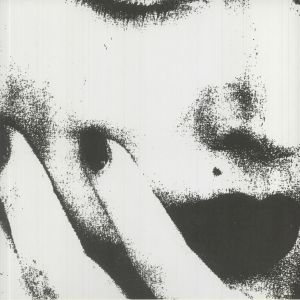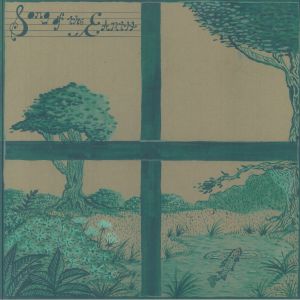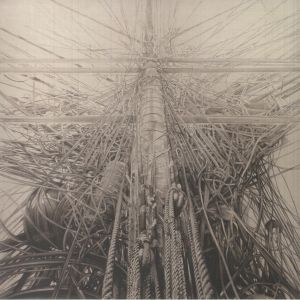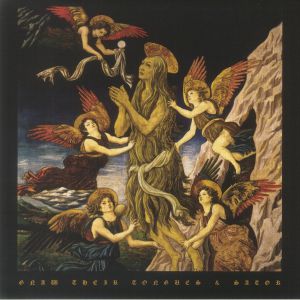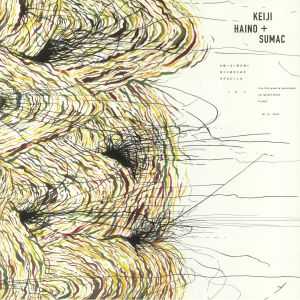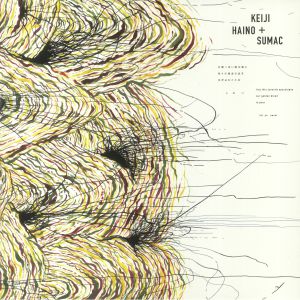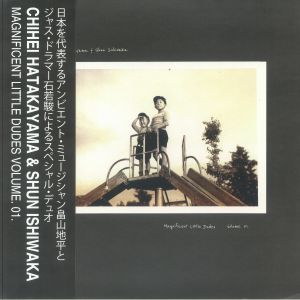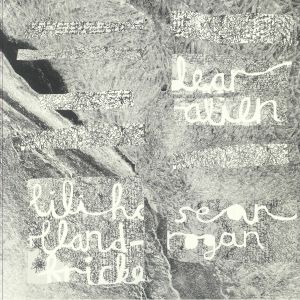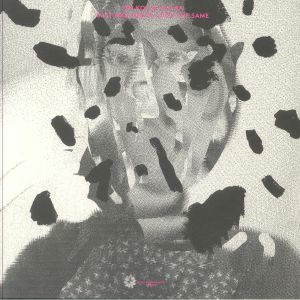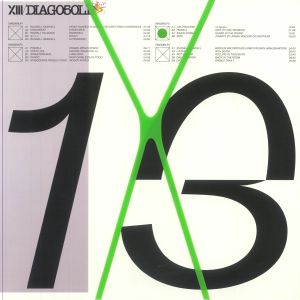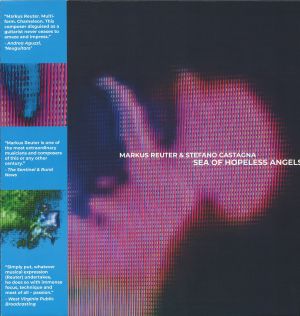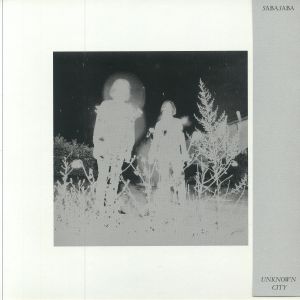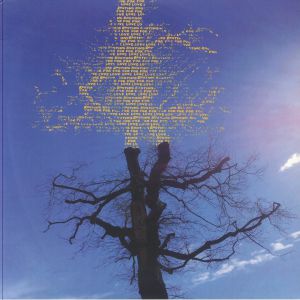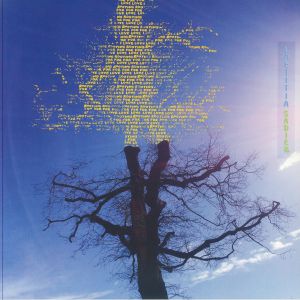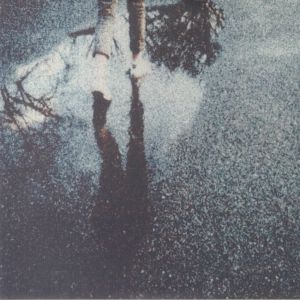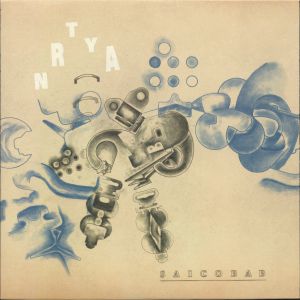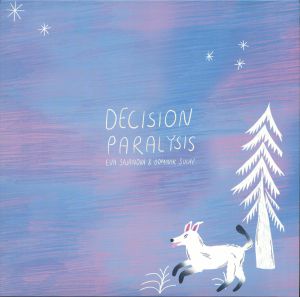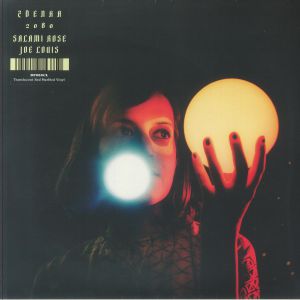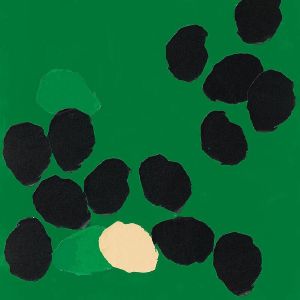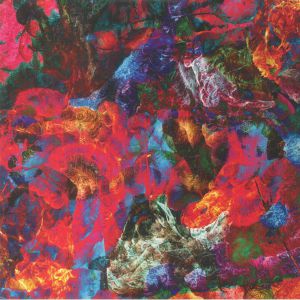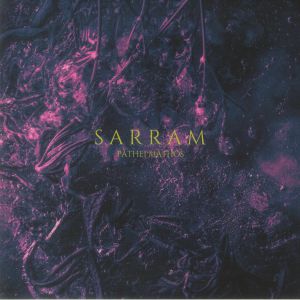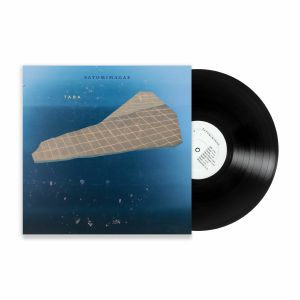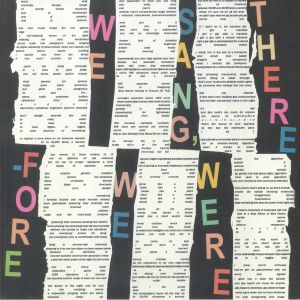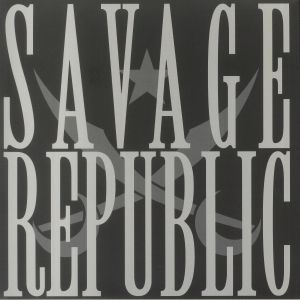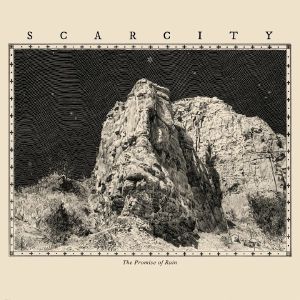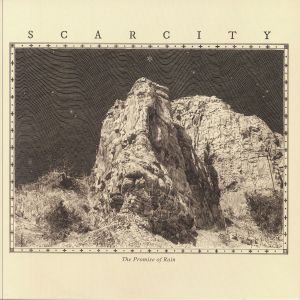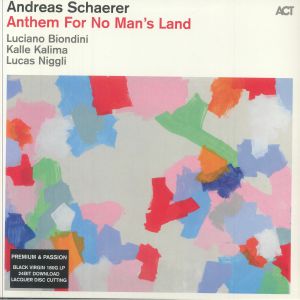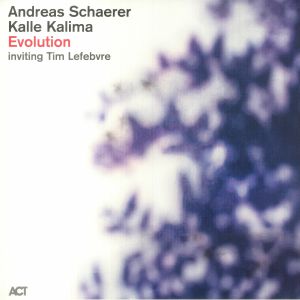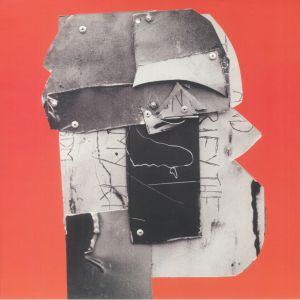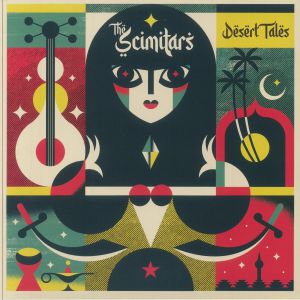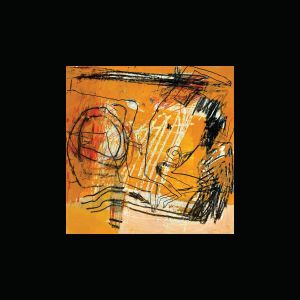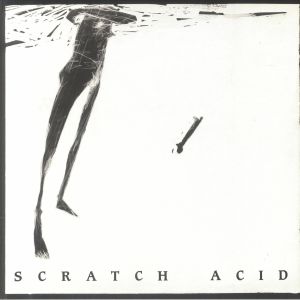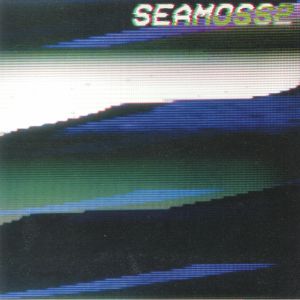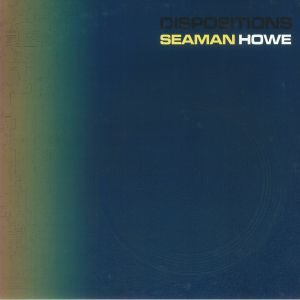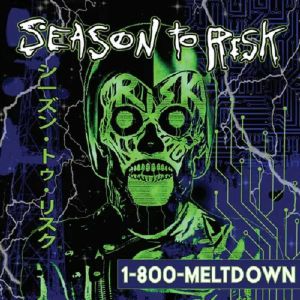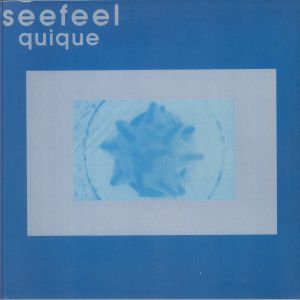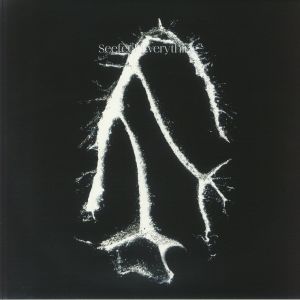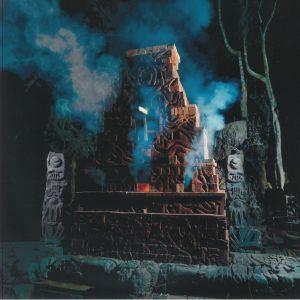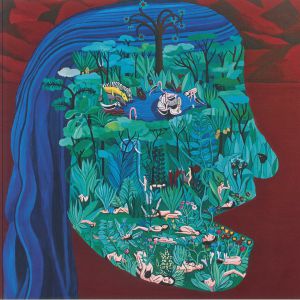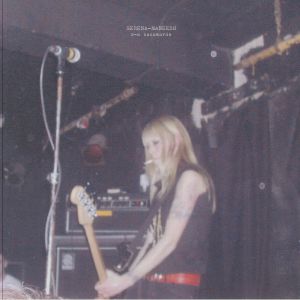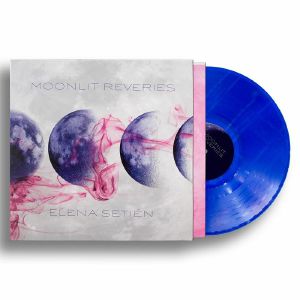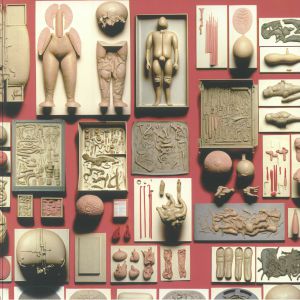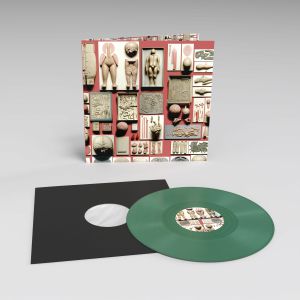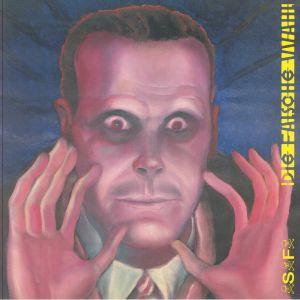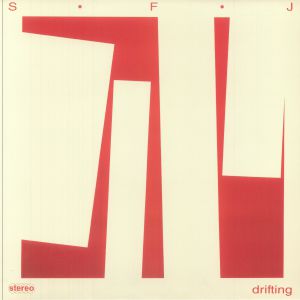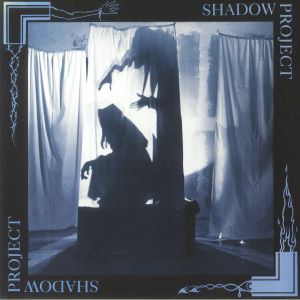Filter
Stock
Type
Music
Format
Featured
Release Title
Price
Tags
Back catalogue: Post Rock/Experimental
Juno's full catalogue of Post Rock/Experimental
Albums
in stock $25.70
Song Of The Earth (2xLP + insert + postcard)
Cat: TRANS 780X. Rel: 03 Apr 25
in stock $31.58
in stock $18.87
Gnaw Their Tongues & Sator (limited gold vinyl LP + insert)
Cat: GS 01LPG. Rel: 10 Aug 23
in stock $26.55
Into This Juvenile Apocalypse Our Golden Blood To Pour Let Us Never (limited clear vinyl 2xLP + MP3 download code in slip case (indie exclusive))
Cat: THRILL 568LPY. Rel: 06 Oct 22
When Logic Rises Morality Falls Logic And Morality In Japanese Are But One Character Different (12:11)
That Fuzz Pedal You Planted In Your Throat, Its Screw Has Started To Come Loose Your Next Effects Pedal Is Up To You Do You Have It Ready? (7:13)
in stock $40.81
Into This Juvenile Apocalypse Our Golden Blood To Pour Let Us Never (2xLP + MP3 download code)
Cat: THRILL 568LP. Rel: 07 Oct 22
When Logic Rises Morality Falls Logic And Morality In Japanese Are But One Character Different (9:03)
That Fuzz Pedal You Planted In Your Throat, Its Screw Has Started To Come Loose Your Next Effects Pedal Is Up To You Do You Have It Ready? (5:22)
in stock $28.23
Magnificent Little Dudes Volume 1 (2xLP with obi-strip)
Cat: GB 1594. Rel: 21 Jun 24
Review: The collaboration between Chihei Hatakeyama and Shun Ishiwaka on their latest ambient release represents a convergence of diverse musical backgrounds. With over 70 albums under his belt since his debut in 2006, Hatakeyama brings a wealth of experience in ambient and experimental music, while Ishiwaka, known for his prolificacy in modern jazz, adds a dynamic rhythmic dimension. Their encounter, sparked by a radio appearance and cemented through live gigs, led to the creation of this two-volume epic recorded in March 2023. Drawing inspiration from a spectrum of genres including ambient, experimental, jazz and metal, the duo's sonic exploration is enriched by references ranging from My Bloody Valentine to Alice Coltrane. The album reflects their shared love for free jazz and spiritual jazz, evoking the improvisational spirit of Sun Ra and Coltrane's later works. Guided by psycho-acoustic considerations and embracing spontaneity, the musicians engage in a dialogue of sound where responses unfold in the heat of the moment. The result is a remarkable project brimming with creativity and mutual understanding.
… Read more in stock $80.48
Dear Alien (LP + MP3 download code)
Cat: MELO 143LP. Rel: 20 Nov 24
in stock $27.39
Cat: MFM 070. Rel: 24 Jun 24
Review: Transporting us to a waking dream of Los Angeles, two enigmatic music makers from the City of (Fallen) Angels present a truly stunning journey into hazy half-memories, afternoon fantasies, borrowed recollections and thoughts of things yet to happen. In many ways, Salt & Sugar Look The Same feels incomplete; tracks, half-tracks, movements, bits and pieces feel like our minds often work. Was that what we think it was? Did this happen? According to the official release burb, these 18 brief but beautiful compositions combine finger-plucked guitar work, the lens flare of electronica, and warped samples to create a take on the American primitivism music movement. The result is something that transcends boundaries of sound, time and place, and exists in a world of its own creation.
… Read morePlayed by: Juno Recommends Ambient/Drone
in stock $29.06
in stock $28.23
Heart & Breath: Rhythm & Tone Fields (hand-numbered cream & red galaxy vinyl LP with obi-strip limited to 300 copies)
Cat: VMP 2356LP. Rel: 27 Mar 25
in stock $37.17
Sea Of Hopeless Angels (purple vinyl LP with obi-strip)
Cat: UR 022LP. Rel: 02 Feb 24
in stock $28.51
Review: Turin's reputation as an enclave of Italian alternative music and culture is well known. Southern Europe's Motor City has the stunning piazzas and palazzos we want from its country, but also the huge industrial areas, many now in decline or waiting to be redeveloped, that catalyse so much in electronic and industrial music. Meanwhile, a few miles beyond town we find spectacular countryside, national parks, mountain ranges, and inspiration for deep ambient. SabaSaba were born from and into this, and the duo have established themselves as one of the region's foremost purveyors of unusual tunes. Unknown City is a like a blueprint for what a contemporary horror score could be, whether that's the slow release of the John Carpenter-esque 'Night Plotters', haunting chants and shimmers of 'Wrists Free', eerie atmospheres of 'False Speech', or anything in between.
… Read more in stock $26.82
in stock $32.71
Review: On Rooting For Love, Laetitia Sadier issues a call to the traumatized civilizations of Earth: we're urged to finally evolve past our countless millennia of suffering and alienation. Her songs score the complexities and harmonies within this directive: organ, guitar, bass, synth, trombone, vibraphone, live and programmed drums, and a vocal assembly of men and women billed as The Choir, working intricate chord/tempo/and dynamic changes, as Laetitia's empathic presence leads the way. Spelling out a new sonic radicalism for a generation of listeners who'll need it, if they're to want to keep their ability to listen to music at all, hers is a moving Euro-indie utopian dream.
… Read more in stock $24.59
April Sunset (limited translucent purple vinyl 2xLP)
Cat: FLDW 56. Rel: 27 Nov 23
in stock $26.16
Nrtya (limited grey marbled vinyl LP + MP3 download code (indie exclusive))
Cat: THRILL 593LPX. Rel: 21 Mar 24
in stock $32.97
in stock $22.35
Zdenka 2080 (reissue) (translucent red marbled vinyl LP)
Cat: LPBF 085C. Rel: 23 Jan 25
in stock $24.59
Songs Of Beginning & Belonging (LP limited to 200 copies)
Cat: DAUW 72LP. Rel: 26 Feb 25
Played by: Zakè
in stock $30.75
Aves Raras (limited LP + insert + MP3 download code)
Cat: BR 012028. Rel: 11 Jan 24
in stock $25.70
in stock $17.88
Review: On her sixth full-length album, Tokyo's Satomimagae continues to refine her idiosyncratic fusion of folk, ambient and sound collage into something singular and quietly expansive. Hailing from Japan's acid-folk scene, Satomi's music often blurs the edges between the intimate and the cosmic, the rooted and the abstract. Taba floats beautifully in that liminal space. Rather than traditional song structures, she presents Taba as a series of open-ended vignettes, each radiating with a soft-focus clarity. The arrangements are centered around fingerpicked guitar, hushed vocals and ambient textures that are deceptively gentle. Closer listening reveals a rich interplay of glitchy electronics, subtle field recordings and haunted atmospheres. Tracks like 'Many' drift on echoing voices and vaporous folk melodies, while 'Tonbo' finds a summery sweetness in its fusion of pop and pastoral folk, complete with the sound of nature rustling at its back. 'Omajinai', perhaps the emotional core of the album, embraces traditional pop structure only to dissolve it into a haze of nostalgia and spectral warmth. Taba is not background music, it asks for deep listening, but rewards you with quiet truths and melancholic beauty.
… Read more in stock $26.27
We Sang Therefore We Were (limited neon purple vinyl LP)
Cat: JNR 457LPC1. Rel: 18 Jul 24
in stock $29.35
in stock $36.61
The Promise Of Rain (limited swamp green vinyl LP + insert)
Cat: R 159X. Rel: 17 Jul 24
in stock $34.93
in stock $30.17
Anthem For No Man's Land (180 gram vinyl LP)
Cat: ACTLP 80061. Rel: 27 Feb 25
in stock $17.55
Evolution (180 gram vinyl LP + insert + MP3 download code)
Cat: AECT 9746. Rel: 09 Oct 23
in stock $25.15
in stock $24.59
Macadam (limited clear splattered vinyl LP)
Cat: SDBANULPLTD 32. Rel: 12 Apr 23
in stock $33.26
in stock $42.47
Scratch Acid Box Set (limited numbered 180 gram clear vinyl 3xLP + clear vinyl 7" + booklet in slip-case)
Cat: TG 385LP. Rel: 13 Mar 25
Review: The complete studio recordings from Austin, Texas noise rockers Scratch Acid - all remastered from the original tapes. Formed in 1982, they received minimal attention outside their hometown scene and their time as a band was short-lived as they split in 1987. Nevertheless, the band members have punk rock CV's for the ages (frontman David Yow formed The Jesus Lizard with bassist David Sims) and they leave in their wake a treasure-trove of frenzied, darkly-atmospheric tunes. The recordings, which you leave you dumbfounded how they didn't become more popular, are the perfect companion to messy nights in. Instead of looking like a hipster-by-numbers and putting Nick Cave's The Birthday Party on - put a track from this collection on instead; say 'Owner's Lament'. It's way cooler.
… Read more in stock $131.36
Scratch Acid/Berserker (remastered) (limited gatefold 180 gram white vinyl LP)
Cat: TG 379LPC1. Rel: 13 Mar 25
in stock $38.85
Just Keep Eating (remastered) (limited 180 gram white vinyl LP)
Cat: TG 383LPC1. Rel: 13 Mar 25
in stock $29.62
in stock $19.92
Dispositions (LP + MP3 download code limited to 180 copies)
Cat: OSC 040. Rel: 16 May 23
in stock $45.56
1 800 Meltdown (Record Store Day RSD 2025) (limited "luminous" neon green vinyl LP)
Cat: INIT 116. Rel: 23 Apr 25
in stock $31.86
Review: Bridging the gap between guitar-driven rock and ambient techno - they would later become the first artist to bring guitars to Warp Records - Seefeel skillfully blended electronic loops with post-psychedelic basslines, mermaid-like vocals from Sarah Peacock and intelligent percussion. Their debut album for Too Pure in 1993 was both ahead of its time and timeless, offering a quiet revolution of repetition and downtempo somnolent soundscape, a record that remains beautifully undated. Tracks like 'Imperial'. 'Industrious' and 'Charlotte's Mouth' demonstrate Seefeel's knack for using guitars as electronic complements, layering hypnotic smears of feedback with Peacock's intimate whispers. The eight-minute opener, 'Climatic Phase No. 3', floats with barely-there percussion and a lazy, dreamy melody, while 'Filter Dub' delivers a sublime, drowsy bass line perfect for slipping into sleep. The album's structure leans into drone and quirky ambience, creating an experience more akin to a dream state than a traditional rock record. Quique feels proto-IDM, a precursor to the ambient-motorik noise-pop aesthetic that artists like Tim Hecker and Mouse on Mars would explore. Seefeel's early work remains a blueprint for electronic experimentation, demonstrating that the band's forward-thinking approach helped define a genre that continues to defy easy categorisation. Quique is not just a product of the 90s - it's a sonic vision that still feels fresh and boundary-pushing today.
… Read morePlayed by: Joachim Spieth, Shadow Dancer
in stock $31.58
Review: Out of many recent stirrings of hype (a sold-out Cafe OTO live show, numerous reissues of their Warp-era material, etc) Seefeel return with a renewed sense of solidity, delivering their first project since 2011. As ever with the pioneering electronica crossover band, Everything Squared combines the sonofantasmic dissociations of shoegaze and dream pop with the flashier and more sublime ends of Warp-era electronica and ambient dub. Mainly composed and performed by the core duo of Mark Clifford and Sarah Peacock, with bass on two tracks from Shigeru Ishihara, the record is a finely hewn intonarumori, working in original, but heavily pitch-bent vocals around light, but still scapular sound beds. An implied throwback to the chillout rooms of yore, the distinctively hoary hum of 90s analogue ambient still rings as truly as ever here.
… Read morePlayed by: Alexis Le-Tan, Juno Recommends Downtempo
in stock $26.00
Vajranala (limited 180 gram vinyl 2xLP + booklet (side 4 etched))
Cat: CON 970LP. Rel: 13 Jun 24
Review: Following up its initial digital release comes the new double vinyl edition of the towering recent avant-garde drone work by Indonesian duo Senyawa, Vajranala. Made up of vocalist Rully Shabara and multi-instrumentalist Wukir Suryadi, the pair thematically explore the interface between nature and human power systems, pinning the ultimate basis of power on knowledge. It's the shamans, Shabara says, who were the first possessors of power: "If you're in a village, if you're considered to have the knowledge to connect people with the realm of the gods, then you will have power before the leader. It's very fundamental to explore this." A richly intense exploration of their heritage - centring on the mythology surrounding the Brojonalan Temple (aka Pawon Temple) in Indonesia - comes in a short burst of just six dread-inducing works, ranging from the ritualistically impassioned to the hypnotically driven.
… Read more in stock $44.44
in stock $28.79
SM Backwards (limited LP)
Cat: LPNORSK 099. Rel: 20 Jun 24
in stock $24.59
Moonlit Reveries (limited translucent blue vinyl LP + MP3 download code)
Cat: THRILL 601LPX. Rel: 25 Jan 24
in stock $34.93
Cat: POB 072LP. Rel: 28 Sep 23
in stock $26.27
in stock $22.35
Golden Triangle (limited gatefold 'hpakant' green vinyl LP)
Cat: GOD 116H. Rel: 03 Oct 24
in stock $24.04
Played by: Rave Energy
in stock $24.59
Review: SFJ, formerly Sunglasses For Jaws, introduces 'Drifting', a nine-tracker tracing one duo's evolution from humble beginnings in a friend's shed to a fully realised studio in East London. The London duo blend lounge, experimental and groovy 70s influences with a modern edge. The offbeat 'Computer Spiritus' brings a quaint curiosity about it, while 'Chasing' prefers a fader-happy vignette in funky, action-sequent frequencies. Only the latter half of the record provides any longer extension, 'Bad' being the baddest of them all.
… Read more in stock $28.79
Shadow Project (reissue) (limited gatefold blue & black splattered vinyl LP)
Cat: CLOLP 2921. Rel: 22 Jul 22
in stock $31.58

 USD
USD





